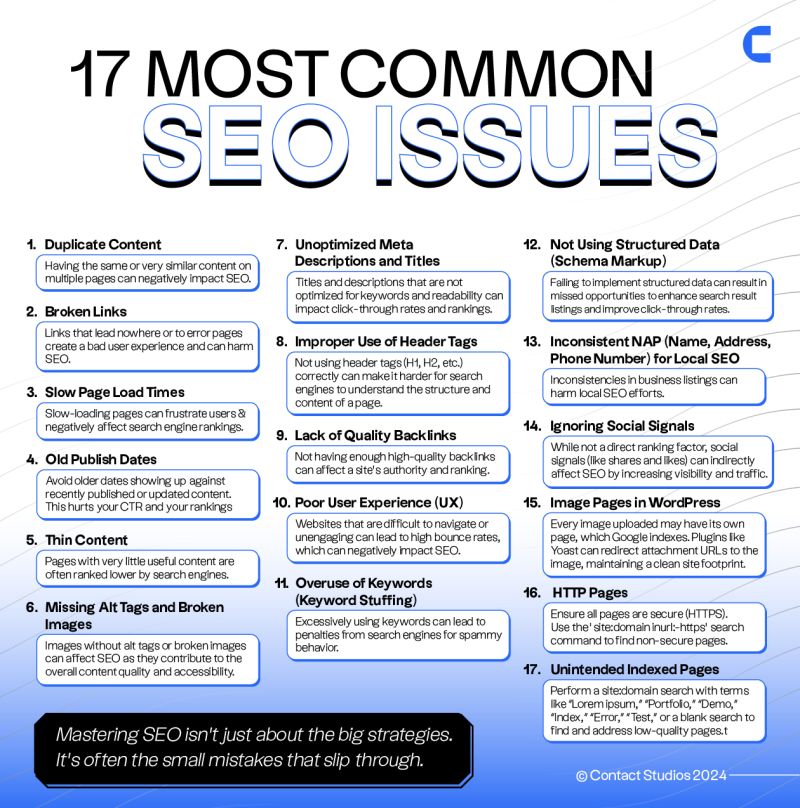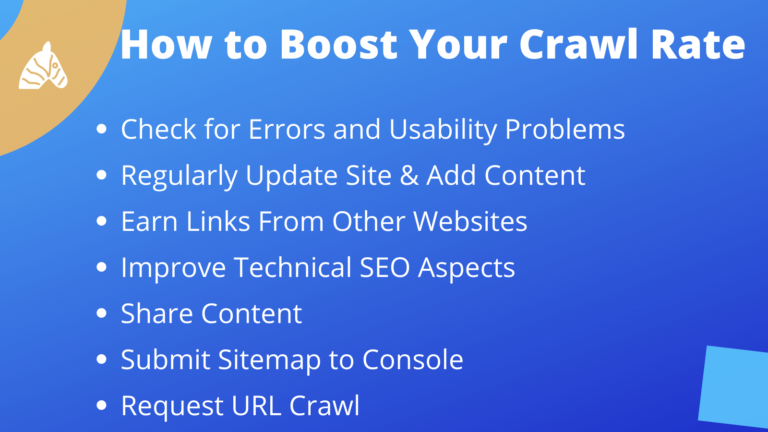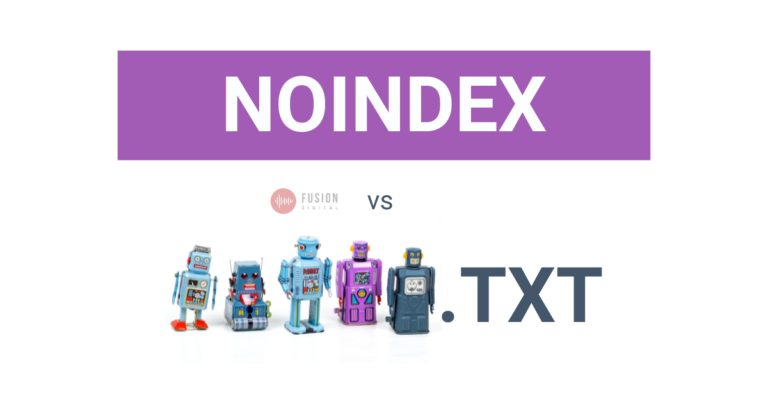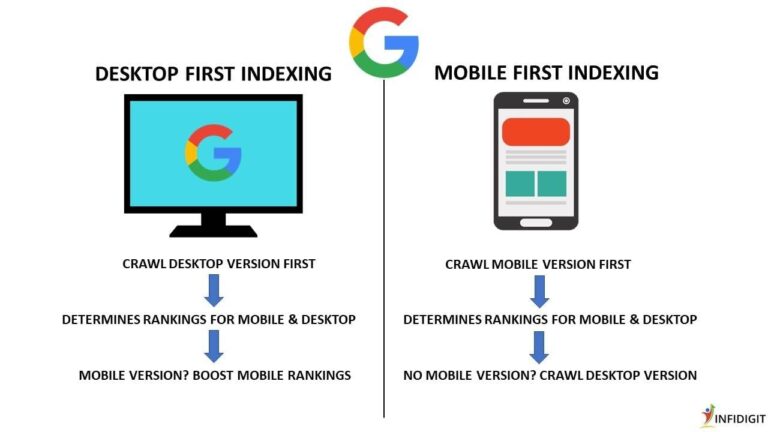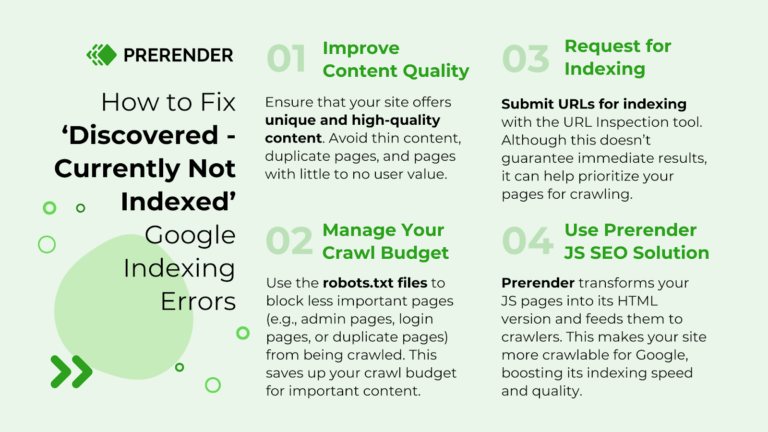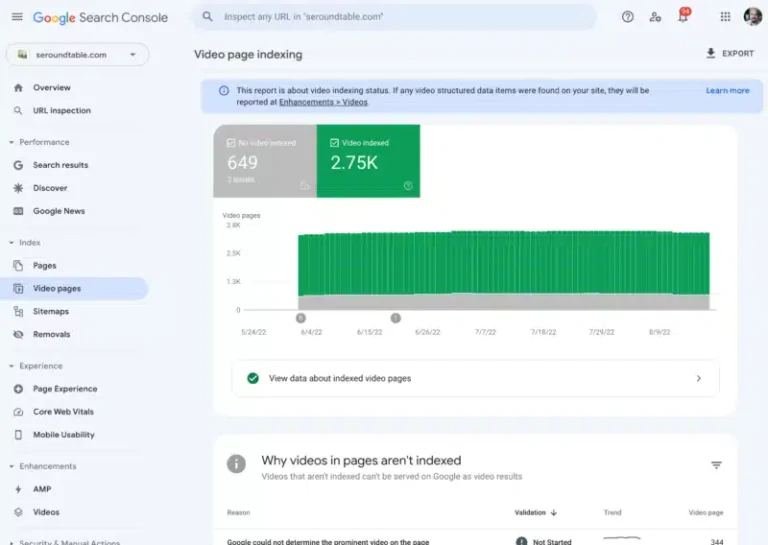Structured data, or schema markup, enhances how search engines understand your content. This improved understanding can lead to better indexing and visibility in search results.
Structured data plays a crucial role in modern SEO strategies. It provides search engines with detailed information about your website’s content. By using schema markup, you can define specific elements like articles, products, and reviews. This clarity helps search engines index your pages more effectively.
Enhanced indexing can result in rich snippets, which improve click-through rates. As more users rely on search engines to find information, optimizing with structured data becomes essential. Implementing schema markup not only aids indexing but also enriches user experience by delivering relevant search results. Investing time in structured data can significantly boost your site’s performance.
Introduction To Structured Data And Seo
Structured data, also known as schema markup, helps search engines understand your content. This understanding improves your website’s visibility in search results. Using structured data can lead to rich snippets. Rich snippets grab user attention and increase click-through rates.
The Role Of Structured Data In Modern Seo
Structured data plays a crucial role in modern SEO strategies. It enhances the way search engines interpret your website. Here are key benefits of using structured data:
- Improved Indexing: Helps search engines index content accurately.
- Enhanced Visibility: Increases chances of appearing in rich results.
- User Engagement: Attracts more clicks with appealing snippets.
- Better Context: Provides context about your content to search engines.
Using structured data boosts your site’s authority. It also helps your website stand out among competitors. Search engines prioritize sites that use structured data.
Basic Concepts Of Structured Data
Understanding the basics of structured data is essential for SEO. Here are some key concepts:
- Schema Markup: A code added to your site to define data types.
- JSON-LD: A popular format for adding structured data.
- Microdata: Another method for embedding schema in HTML.
- Rich Snippets: Search results that display additional information.
Schema markup helps categorize content. It can represent various types of data, such as:
| Data Type | Description |
|---|---|
| Articles | Mark up news articles and blog posts. |
| Products | Display product information, ratings, and prices. |
| Events | Showcase upcoming events with dates and locations. |
| Recipes | Provide cooking instructions and ingredients. |
Utilizing structured data correctly can lead to better SEO results. Start implementing schema markup today to reap the benefits.

The Importance Of Structured Data For Search Engines
Structured data helps search engines understand web content better. It uses a specific format to describe information. This makes your site more accessible and relevant. Search engines rely on structured data to provide accurate results. Proper use of structured data can improve your site’s visibility.
How Search Engines Use Structured Data
Search engines analyze structured data to gather information. Here’s how they use it:
- Data Extraction: They extract important details from your site.
- Content Understanding: Structured data aids in understanding your content’s context.
- Rich Snippets: It creates rich snippets in search results.
- Ranking Factors: It can influence search rankings positively.
Search engines like Google and Bing use structured data formats. JSON-LD is the most recommended format. It’s easy to implement and maintain.
Benefits Of Structured Data For Indexing
Structured data offers many advantages for indexing:
| Benefit | Description |
|---|---|
| Improved Visibility | Structured data enhances your site’s appearance in search results. |
| Better Click-Through Rate | Rich snippets attract more clicks from users. |
| Enhanced User Experience | Users find relevant information quickly and easily. |
| Voice Search Optimization | Structured data helps with voice search queries. |
Using structured data can lead to higher rankings. It provides context that search engines seek. This can result in better traffic and engagement.
Types Of Structured Data Relevant To Seo
Structured data is vital for SEO. It helps search engines understand your content. Different types of structured data can enhance your visibility in search results. Here, we will explore the types of structured data relevant to SEO.
Schema.org And Its Significance
Schema.org provides a collection of schemas. These schemas help define the meaning of your content. Search engines like Google use these definitions to display rich snippets.
- Rich snippets improve click-through rates.
- They provide more information to users.
- Schema.org supports various types of content.
Examples include:
| Type | Description |
|---|---|
| Article | Defines blog posts and news articles. |
| Product | Details products for e-commerce sites. |
| Event | Describes upcoming events and activities. |
Microdata, Json-ld, And Rdfa Explained
Microdata, JSON-LD, and RDFa are formats for structured data. Each format has unique features and benefits.
- Microdata
- Embedded within HTML.
- Uses a specific set of attributes.
- JSON-LD
- JavaScript-based format.
- Easy to add without altering HTML structure.
- RDFa
- Uses attributes for RDF (Resource Description Framework).
- Great for linking data across different sources.
Choosing the right format depends on your needs. JSON-LD is popular due to its simplicity. Microdata is useful for smaller projects. RDFa is best for complex data structures.
Implementing Structured Data On Your Website
Structured data helps search engines understand your content. It improves your website’s visibility in search results. Implementing structured data makes your content more relevant. This can lead to better indexing and higher rankings.
Best Practices For Structured Data
- Choose the right schema type: Use schema that fits your content.
- Use the Schema.org vocabulary: Follow the standard definitions.
- Test your markup: Use tools like Google’s Structured Data Testing Tool.
- Keep it updated: Regularly refresh your structured data.
- Use JSON-LD format: This is the preferred format by Google.
Common Mistakes To Avoid
| Mistake | Consequence |
|---|---|
| Using outdated schema types | Leads to errors in indexing |
| Ignoring errors in testing | Reduces your chances of being indexed |
| Overstuffing keywords | Can harm your SEO ranking |
| Using incorrect or irrelevant data | Makes your content confusing |
Structured Data And Rich Snippets
Structured data, or schema markup, helps search engines understand your content. It enhances visibility in search results. Rich snippets are special search results that display extra information. They attract more clicks and improve user experience.
Enhancing Search Engine Results With Rich Snippets
Rich snippets can make your website stand out. They provide additional information directly in search results. This extra data can include:
- Star ratings
- Images
- Price information
- Product availability
These elements help users quickly find what they need. They also increase the chances of users clicking on your link.
Examples Of Rich Snippets And Their Impact
Here are some common types of rich snippets and their benefits:
| Type of Rich Snippet | Impact |
|---|---|
| Recipe | Displays cooking time, ratings, and images |
| Product | Shows price, availability, and reviews |
| Event | Includes date, location, and ticket info |
| Article | Highlights author, publish date, and images |
Rich snippets lead to higher click-through rates. Websites that use rich snippets often see improved rankings. Structured data is a powerful tool for better indexing.

Measuring The Impact Of Structured Data On Seo
Understanding how structured data affects your website is crucial. It can improve visibility and indexing in search engines. Using schema markup can make your content more understandable for search engines. This can lead to better rankings and more traffic.
Tools For Tracking Structured Data Performance
Several tools help you measure the impact of structured data on SEO. Here are some top options:
- Google Search Console: Check your site’s performance and indexing status.
- Screaming Frog: Analyze structured data on your web pages.
- Schema Markup Validator: Validate your schema markup for errors.
- Ahrefs: Monitor backlinks and keyword rankings.
- SEMrush: Track changes in organic search traffic.
Using these tools helps understand how structured data impacts your SEO strategy.
Case Studies: Before And After Implementing Structured Data
Real-life examples illustrate the benefits of structured data. Here are two case studies:
| Website | Before Implementation | After Implementation |
|---|---|---|
| Example A | Ranked on page 3, 100 visits/month | Ranked on page 1, 500 visits/month |
| Example B | No rich snippets, 50 visits/month | Rich snippets displayed, 300 visits/month |
These examples show how structured data can lead to significant gains. Websites saw improved rankings and increased traffic.
Challenges And Considerations In Structured Data Implementation
Implementing structured data can be tricky. Many challenges arise. Knowing these challenges helps improve your website’s search performance.
Handling Dynamic Content
Dynamic content changes frequently. This can confuse search engines. Here are some tips to manage dynamic content:
- Use server-side rendering to generate structured data.
- Update structured data whenever content changes.
- Test structured data with Google’s Rich Results Test.
Structured data needs to reflect the current content. Search engines favor accurate data. Inaccurate data can hurt your rankings.
Dealing With Structured Data At Scale
Scaling structured data across many pages can be daunting. Here are key points to consider:
| Challenge | Solution |
|---|---|
| Manual updates | Automate updates using scripts. |
| Consistency | Use templates for structured data. |
| Validation | Regularly check with validation tools. |
Automation can save time. Templates ensure uniformity across pages. Regular validation keeps data accurate.
Monitoring structured data at scale is crucial. Keep track of any errors. Fixing errors quickly improves your site’s SEO.
Future Trends In Structured Data And Seo
Structured data is vital for SEO. It helps search engines understand content. Trends are shifting rapidly. Staying updated is crucial for success. Let’s explore the future of structured data.
Predictions For Structured Data
Experts forecast several key trends:
- Increased Adoption: More websites will implement structured data.
- Voice Search Optimization: Structured data will enhance voice search results.
- Rich Snippets Growth: Expect more rich snippets in search results.
- Enhanced User Experience: Structured data will improve content visibility.
- AI Integration: AI will use structured data for better content analysis.
How To Stay Ahead In Seo With Structured Data
Follow these tips to stay ahead:
- Regular Updates: Keep your structured data up-to-date.
- Use Valid Schema: Ensure your schema markup is correct.
- Monitor Changes: Stay informed about schema updates.
- Test Your Markup: Use tools to test structured data.
- Engage with Communities: Join SEO forums and groups.
Utilizing structured data can lead to better rankings. Focus on implementing best practices for success.

Frequently Asked Questions
How Does Structured Data Improve Seo?
Structured data enhances SEO by providing search engines with clear information about your content. This markup helps search engines understand your page context better. As a result, it can improve your visibility in search results, potentially leading to higher click-through rates and better rankings.
What Is Schema Markup?
Schema markup is a specific vocabulary of tags added to your website’s HTML. It helps search engines interpret the content more effectively. By using schema, you can provide detailed information about your products, services, or articles, which enhances how your site appears in search results.
Can Structured Data Affect Indexing?
Yes, structured data can influence indexing positively. By using schema markup, you make it easier for search engines to crawl and index your content. This can lead to faster indexing and better recognition of your site’s relevance in search queries.
Is Structured Data Necessary For All Websites?
Structured data is not mandatory for all websites, but it is beneficial. It can significantly enhance how your content is displayed in search results. Websites that utilize structured data often see improved visibility and engagement, making it a valuable addition for any online presence.
Conclusion
Structured data plays a vital role in enhancing your website’s visibility. By implementing schema markup, you improve search engine understanding of your content. This can lead to better indexing and richer search results. Ultimately, a well-optimized site attracts more traffic, boosting your online presence and engagement.
Don’t overlook its benefits!

